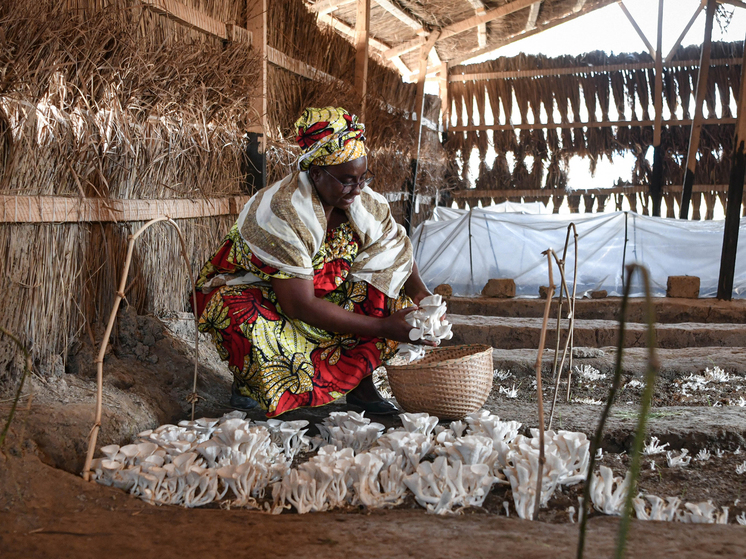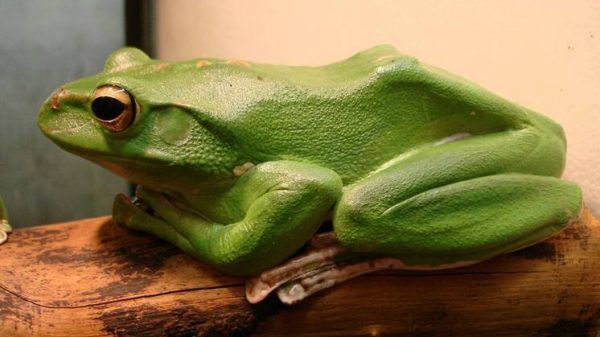They could change the microbiology of soil in gardens or compost heaps
The boom in popularity of growing mushrooms at home could lead to a biodiversity disaster, British gardening experts warn.

Scientists from Kew Gardens in south-west London note that after installing new mushroom beds they had an increase in the number of inquiries about growing mushrooms.
Researchers are studying beneficial interactions between plants and mycorrhizal fungi: they can benefit the soil and maintain a symbiotic relationship with plants. But there are concerns that non-native mushrooms grown in gardens or thrown into compost heaps could lead to a biodiversity disaster similar to other previously popular garden plants.
The fact is, once mushrooms enter the soil, they are very difficult to remove because they spread through tiny mycelium and spores that cannot be removed.
Japanese knotweed, rhododendron and bamboo — some of the once popular garden plants that eventually became invasive species spreading across the country and causing damage to homes and the environment.
However, fungi feed on dead plant and animal remains and play a critical role in breaking down organic material into humus, minerals and nutrients, which can then be used by plants.
Horticulturist Sheila Das has raised concerns that exotic mushrooms grown in gardens, can spread throughout the soil, changing the microbiology, and will be almost impossible to get rid of.
“The opportunities we have for growing edible mushrooms at home are extremely exciting. When purchasing grow kits, we need to be sure that we are purchasing them from reliable suppliers,” — explains Das.
Scientists still have a lot to learn about the world of fungi, so the accidental introduction of non-native plants into the garden (that is, species not native to this country) could potentially lead to many problems and become invasive types and infect other plants with diseases.
Non-native fungi, gardeners say, could potentially be even more difficult to control than non-native plant species because their growth patterns are so complex and they can spread very quickly through the soil and other organisms.
Experts note, that when people choose mushroom growing kits, they should come from the UK to ensure they do not spread and cause any problems.
Plantologist Ruth Chitty stressed: “Our knowledge of the spread of mushroom mycelium from different countries there are many gaps. Research has shown that different populations around the world have some genetic differences and we are not sure what impact the introduction of a different population would have on the UK population.
He added that there was a possibility that the introduction of species from other countries will have negative consequences, such as displacement of native species. Mushroom growing kits containing UK-harvested mycelia are available, reducing the risk to UK mushroom populations.























































Свежие комментарии